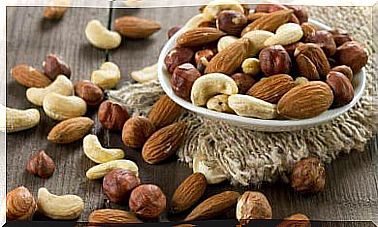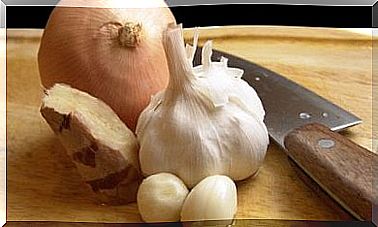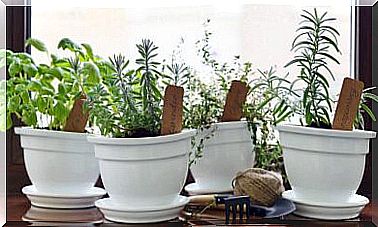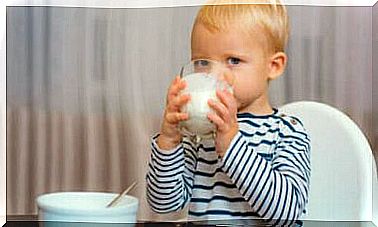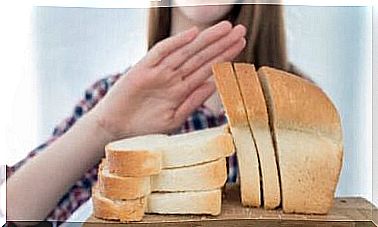6 Foods That Should Not Be Reheated
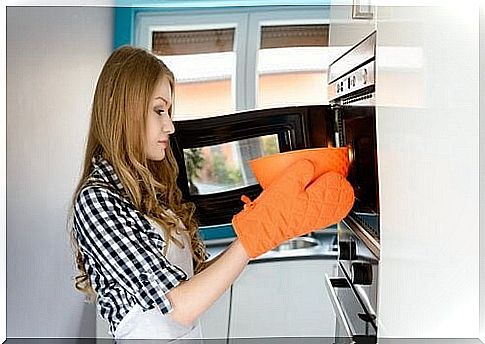
Many of us are used to preparing a larger portion of food that is stored in the refrigerator and heated to a suitable portion in the days that follow. This way food is not wasted and money is saved. However, some foods are not suitable for this and reheating them can be harmful. Warnings have been issued in Europe about heating food, as certain bacteria grow particularly well in a variety of foods and are not destroyed by rapid heating. If there are bacteria in the food, it increases the risk of food poisoning and upset stomach.
Below you will find 6 foods that need to be avoided for reheating for health reasons.
1. Rice
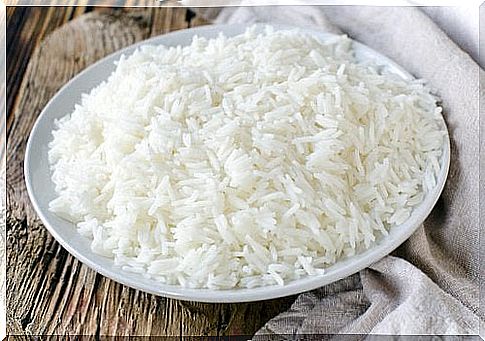
Rice often comes in too much cooking, so it is easily tipped into a container for later use. The composition and taste of the rice are well preserved at room temperature, but the rice grains hide small bacteria that can cause food poisoning when activated during reheating.
If rice is exposed to high temperatures after cooking, the risk of food poisoning increases. It is best to enjoy the rice immediately after cooking: eat the rice no later than 24 hours after cooking.
Food poisoning can cause stomach upset, inflammation and vomiting and diarrhea.
2. Potatoes
Potato is a nutritious food that can be utilized in both cold and warm foods. However, potatoes should not be reheated or stored at room temperature for too long, as this will accelerate the growth of spores. Spores can cause stomach upset and symptoms of food poisoning once ingested.
The best way to take advantage of leftover potatoes is to mash them or use them in cold salads.
3. Celery
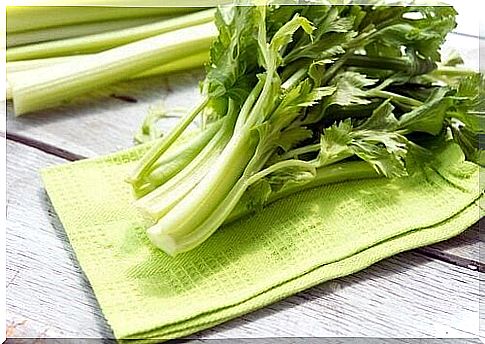
Celery brings extra flavor to salads and soups, but if you use celery in warm meals, it’s best to eat it whole. Warm foods containing celery should not be reheated as this can lead to food poisoning.
Celery contains nitrates which, when exposed to heat, give off harmful compounds. Nitrates present in large quantities can be converted to nitrites, which increase the risk of cancer.
4. Beetroot
Beetroot is a popular vegetable that has been used in addition to cooking for medicinal purposes. Beetroot contains antioxidants, vitamins and minerals that are especially useful for the liver.
However, the healthy effect of beetroot can suffer when exposed to heat. Like celery, beets contain small amounts of nitrates that are not good for health. Prefer to eat beets raw, for example grated in salads or mixed with juice drinks – this way you get the best health benefits from beets and avoid exposure to nitrates.
5. Chicken
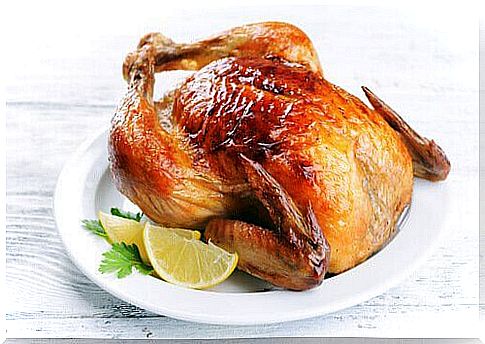
To enjoy the chicken safely, it is advisable to make sure that the chicken is properly cooked before eating. Salmonella is a common bird disease, and raw chicken increases the risk of infection.
Cook the chicken thoroughly before eating and make sure the meat is not reddish or still very succulent. Eat the chicken you cook as soon as possible after cooking and avoid reheating. Chicken is one of those foods that can cause food poisoning when reheated – so don’t spare chicken nuggets, eat them right away.
The taste of the chicken remains largely the same during storage, but its protein composition changes and can cause stomach upset. However, if you want to keep the cooked chicken and heat it the next day, be sure to use a low temperature for heating.
6. Mushrooms
The proteins contained in the fungus are easily destroyed by certain enzymes and microorganisms. Mushrooms should never be stored at room temperature after cooking and should not be reheated. This can cause an inflammatory reaction in the stomach and lead to diarrhea.
If you absolutely want to reheat the mushrooms, make sure you reheat them properly (over 70 degrees).
Remember that the composition of all foods changes when they are exposed to heat. To avoid food poisoning, consume certain foods immediately after preparation. Carefully plan your portion in advance to make sure there is no food left over and you get to eat everything at once.
